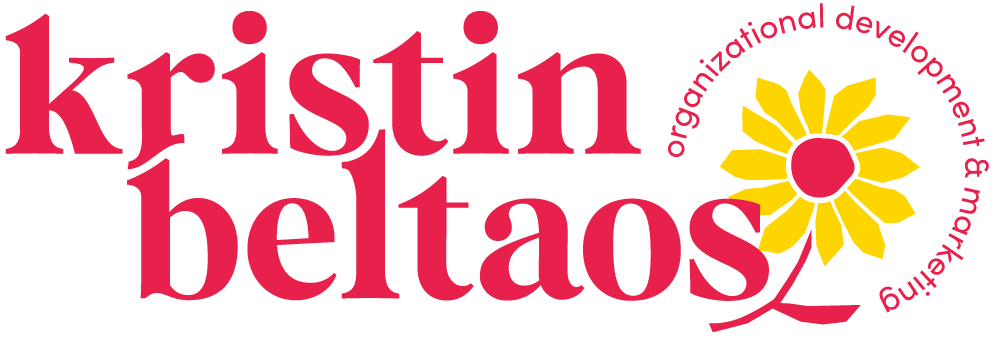Self-Care Strategies for Leaders that Enhance Focus Amidst Stress
Finding calm in the chaos—because great leadership starts with a clear mind. Prioritizing self-care isn’t a luxury; it’s a necessity for nonprofit leaders and small business owners navigating uncertain times.
Navigating the complexities of leadership in today's unpredictable environment can be overwhelming. Whether you're at the helm of a nonprofit facing funding uncertainties or a small business owner adapting to shifting market dynamics, the weight of responsibility is immense. In these moments, it's crucial to remember that prioritizing your well-being isn't a luxury—it's a necessity.
Understanding Stress and Attention
Stress can significantly impair our ability to focus. Dr. Arryn Robbins, a cognitive psychologist at the University of Richmond, explains that stress narrows our attention, leading to tunnel vision. This reaction is part of the body's fight-or-flight response, which can hinder clear thinking and effective decision-making. NPR
Practical Self-Care Strategies
To navigate these challenges, consider integrating the following self-care practices into your routine:
Mindful Breathing: When stress mounts, pause and take a deep breath. This simple act can help calm your body's stress response, broadening your attention and enhancing focus.
Positive Constructive Daydreaming: Allow your mind to wander to pleasant scenarios, like imagining a peaceful walk in the woods or relaxing on a sunny beach. Engaging in daydreaming, especially during low-key activities like walking or knitting, can foster creativity and improve decision-making. NPR
Set Boundaries with Technology: Limit distractions by managing your digital environment. Set specific times to check emails or social media, and consider using apps that block distracting websites during work hours. Creating a calming workspace can significantly enhance focus.
Seek Support: Connect with peers or mentors who understand your challenges. Sharing experiences and solutions can provide new perspectives and alleviate feelings of isolation.
Prioritize Tasks: Break down your responsibilities into manageable steps. Focusing on completing one task at a time can prevent being overwhelmed and increase productivity.
Moving Forward with Resilience
Remember, taking time for self-care enables you to lead more effectively and sustainably. Implementing these strategies enhances your well-being and sets a positive example for your team.
We'd Love to Hear from You
What self-care practices have you found most effective in managing stress and maintaining focus? Please share your experiences and insights with me. Your input could inspire and support fellow leaders navigating similar challenges.
Note: The insights from Dr. Arryn Robbins and other experts were sourced from NPR's article "Feeling scatterbrained? 5 ways to focus your attention."


